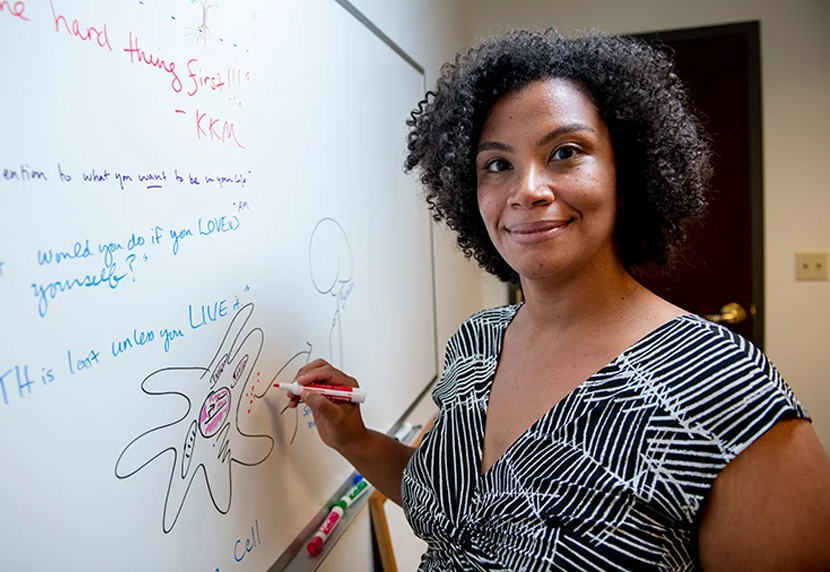Parents and caregivers today may be overwhelmed by the number of possible gifts for children that promise to increase a child’s intelligence or physical development. Mass marketing often controls what is available in the market and not every well-marketed toy is appropriate for your child. If you’re the parent of a child with an attention disorder or learning disability, you may be feeling even more overwhelmed about choosing appropriate toys than most parents. A complex Lego set might frustrate a child with ADHD because they do not have the attention skills for poring over the detailed instructions. If you have a child who struggles in school, educational toys may be less than enthusiastically received. In fact, even kids without learning challenges often prefer non-educational toys to those that appear — at least initially — to be less exciting.
So, how can a parent resolve this issue and pick developmentally-appropriate gifts that will encourage their child to be more creative and also have some sort of intrinsic value? There are two things that gift-buyers should consider: the developmental level and interests of the child and the quality, safety and developmental-appropriateness of the gift.
In terms of the developmental level of your child, there are a number of things to keep in mind:
- You want to consider the whole child — your child’s skills, strengths, interests and challenges. If your child has difficulty dealing with the consequences of winning and (especially) losing, a competitive board game might not be the right choice this year.
- You want to find toys that build on your child’s skills and appeal to their interests. At the same time, gifts are a great way to help kids explore new interests and reinforce new skills. For example, is this the year that your fifth grader’s science teacher has made science “come alive?” Then, this is a great year to encourage that growing interest in your child.
- Keep in mind your child’s preferred method of learning. Is your child a hands-on learner or do they prefer to learn visually? If your child has difficulty concentrating for extended periods of time, a 500-piece jigsaw puzzle may only serve to make them feel frustrated. Instead, a more interactive and engaging building set might be more appropriate.
- Preschoolers like to experiment with things and use their still-emerging physical skills. They like to play with friends but they don’t like to lose. Toys for pretend play and building things that use their large and small muscles are appropriate for this age group.
- Children in elementary school also like using their ever-emerging large muscle skills. They are learning to read, spell and write, and skills at this age can vary considerably. Kids this age also show interest in nature, simple science activities and collecting things. They start to enjoy producing “finished” products such as crafts and models.
In terms of the appropriateness of the toy, here are some issues to consider:
- Toys should be challenging but not frustrating.
- Toys that are open-ended and that stimulate divergent thinking are often good choices. These types of toys are ones that can be used in multiple ways. Art supplies, dress-up clothes and outdoor play materials are all good examples.
- Preschoolers tend to enjoy large construction toys (such as wooden blocks or Legos), pretend play toys, art supplies, simple board and card games and picture books.
- In addition to the items listed above for preschoolers, school-aged children enjoy more complex board, card and computer games, arts and crafts kits, natural science collections, computer games, sports equipment and chapter books.
- When selecting computer and video games, pick ones that are more interactive (where the child is actually doing something rather than just watching something), where the child can control the pace of the software and have opportunities to explore different types of concepts on several levels.
Above all, the right gift should be fun and give the child a sense of success. While the definition of “fun” differs from child to child, all kids enjoy a toy that is not only appealing, but also suited to their physical capabilities and mental and social development.
This article first appeared on The Clay Center for Young Healthy Minds website, a free, online educational resource that educates parents and other caregivers.





